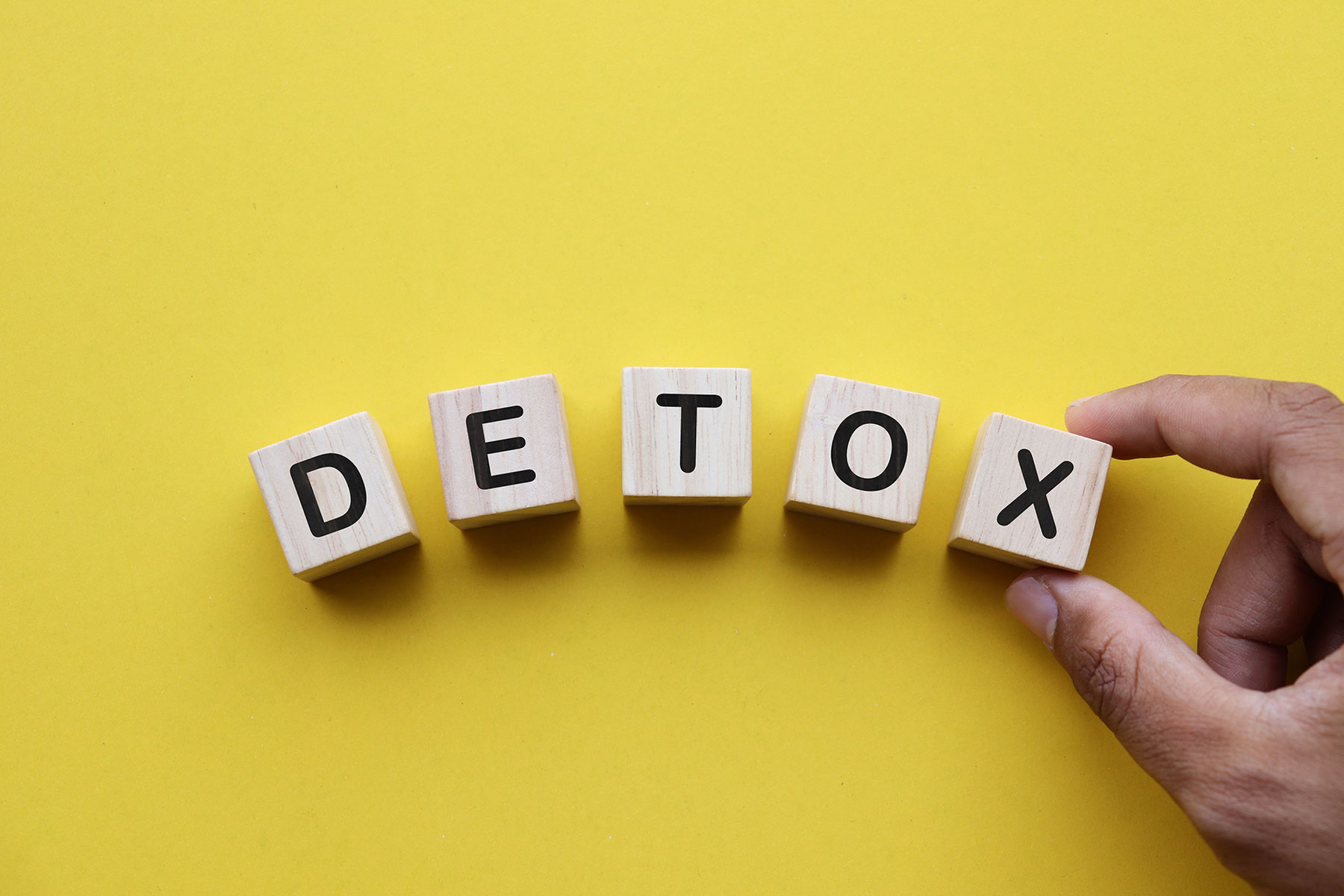
Detoxing from heroin on your own can be dangerous. That is why it is essential to go through the stages of heroin detox at a professional heroin detox program. After the initial detox, which often involves severe withdrawal symptoms, you will make rapid progress toward your goal of sobriety. There are a slew of therapy programs to assist you, and you might even learn some things about yourself as you complete your journey towards a better, healthier you. This is a time for personal growth and allows you to settle the score with the soon-to-be-former version of yourself. They are not the real you. The real you is the one you see in the mirror’s reflection every day, and your future is only going to get brighter.
Do you or a loved one need help from a heroin detox center? Call us today at 866.957.7885 for more information.
People who are addicted to heroin may be reluctant to seek help because of fear, shame, or a lack of resources. They may also feel overwhelmed by the idea of detoxing from such a powerful drug and worry about a variety of very uncomfortable withdrawal symptoms.
Additionally, because of the powerful psychological effects it has on people’s lives, they may be in denial about their addiction or feel that they can't possibly quit using the drug. These feelings can prevent them from seeking help and make it difficult for them to make a successful recovery. With the right resources and support, however, it’s possible for someone to overcome their addiction and start living a healthier life.
If you're addicted to heroin, detoxing on your own can be extremely dangerous. Heroin withdrawal symptoms can include:
These symptoms can be incredibly uncomfortable and make it difficult to stick to your detox plan. Additionally, detoxing from heroin without medical supervision can be dangerous because of the risk of relapse.
If you start to feel like you can't handle your withdrawal symptoms, you may be tempted to relapse and use heroin again. This can lead to overdose and death. If you're ready to detox from heroin, it's important to seek professional help. A medical detox program can provide you with the support and care you need to safely and comfortably detox from heroin.
Heroin withdrawal can be very painful and even more so if you attempt it on your own. Besides the physical side effects of nausea, sweating, and muscle spasms, there is the wave of depression and anxiety that washes over you while you detox. By entering a treatment facility with medication-assisted treatment available to help counteract the withdrawal symptoms, you are making a smart choice about your immediate and long-term health. Combining this therapeutic method with individual and group counseling, you can build bridges to a brighter future without the downward spiral that is heroin addiction.
In addition to the withdrawal symptoms already mentioned, here are some more:
Medication-assisted treatment will be used to counteract the withdrawal symptoms caused by stopping the use of opiates. It is a much more perilous and painful process without medical intervention. When provided as part of a comprehensive treatment plan, MAT can help an individual reduce or stop their use of opioids, regain their health, and become more engaged in life.
The following are the drugs used to help with opiate detox:
Talk therapy involves individual, group, and family therapy sessions to repair the hurt from past trauma and to gain a better understanding of what contributed to your heroin addiction. You will learn valuable coping skills that can make the difference between you relapsing or avoiding temptation. This will make you able to approach a sober life with confidence and self-knowledge. The following therapies may be used:
Heroin detox has three stages: withdrawal, medication-assisted treatment (MAT), and talk therapy. MAT will help ease the pain and discomfort of the withdrawal symptoms, and cognitive-behavioral therapy (CBT) will give you the tools and resources to manage the recovery process. At San Antonio Recovery Center, our heroin detox center treats all forms of opiate and opioid addictions. We can be reached online or at 866.957.7885 for you to take the first step on your journey to wellness and recovery.
contact us now!
